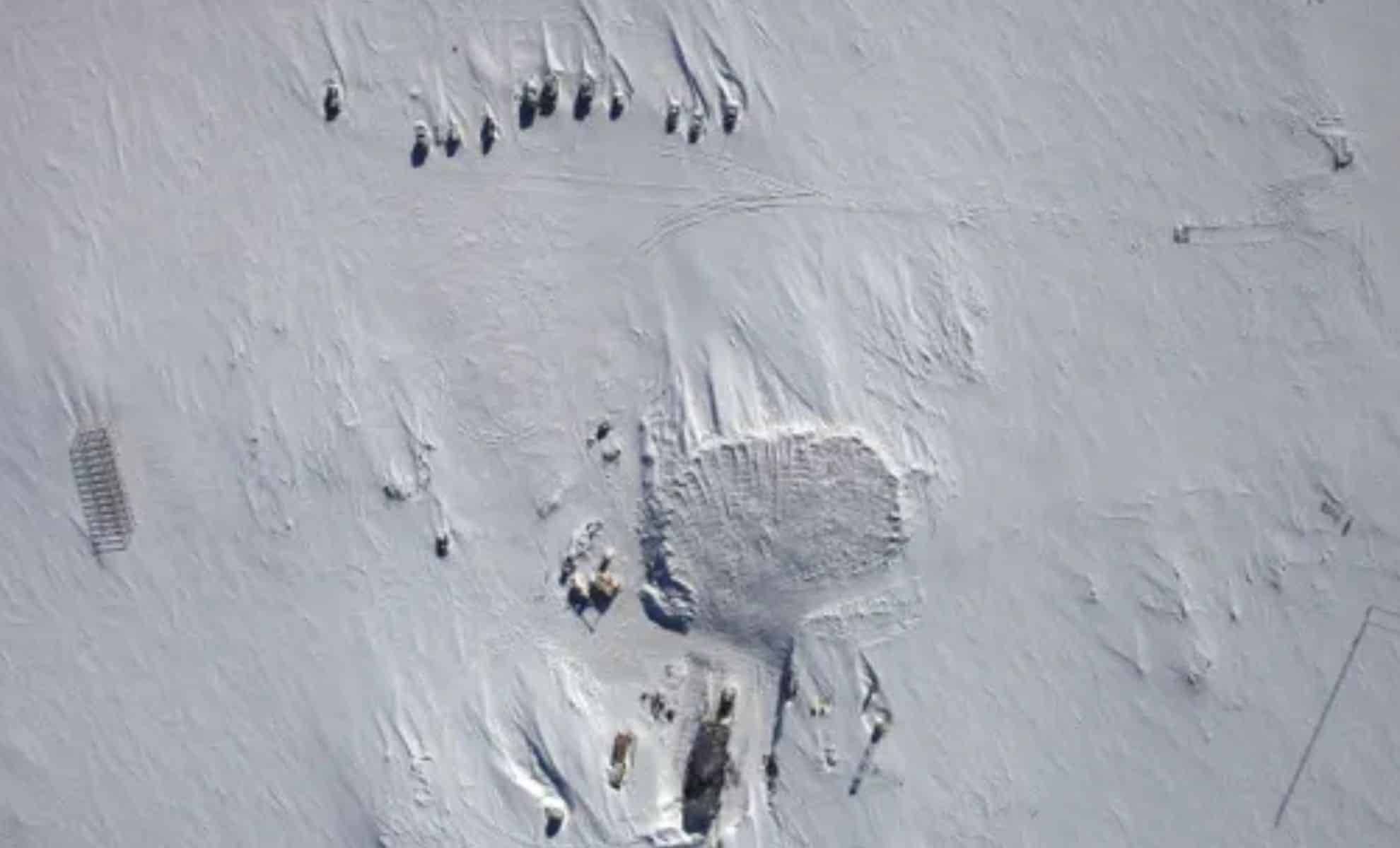
Hidden beneath the extensive ice blankets of Antarctica is a remarkable world of ancient life, preserved for millions of years. Lake Vostok, one of the largest subglacial lakes on the planet, is situated in East Antarctica, under an ice sheet that reaches thicknesses of up to 2 miles (3 kilometers). Sealed off for more than 15 million years, this lake not only offers insights into Earth’s distant past but also hints at the possibility of life beyond our own world. With no sunlight penetrating its depths and minimal contact with the outside environment, Lake Vostok has fostered a distinct ecosystem inhabited by extremophiles—organisms that flourish in the harshest of conditions.
Originally a surface lake, Lake Vostok became encased in ice over 15 million years ago, with some estimates suggesting it has remained trapped for up to 20 million years. This remarkable isolation has led to the development of an ecosystem where life has uniquely adapted to survive, relying on the chemicals and minerals found in the surrounding bedrock rather than sunlight for energy.
Unveiling Lake Vostok: Discovery and Research
For many years, the lake remained an enigma, concealed by thick layers of ice. It wasn’t until 1993 that scientists first detected its presence using advanced satellite radar technology, capable of penetrating the ice to reveal the hidden body of water. Accessing the lake, however, proved to be a challenging feat. According to LiveScience, it was not until 2012 that researchers successfully drilled through the ice, paving the way for a significant advancement in the field of subglacial exploration and providing an unprecedented opportunity to study a pristine ecosystem long kept from human eyes.
In 2012, the drilling team accomplished the remarkable feat of reaching the waters of Lake Vostok after penetrating over two miles of ice. This breakthrough opened doors for scientists to examine one of Earth’s most isolated environments. Years of meticulous preparation and strategizing ensured minimal contamination of the untouched lake waters, as researchers aimed to uncover the mysteries of a living ecosystem that had thrived in isolation for eons.
Life in Extreme Conditions: A Unique Ecosystem
Despite the frigid temperatures around 27°F (-3°C), the water in Lake Vostok remains in liquid form due to the immense pressure exerted by the thick ice above. The absence of sunlight means that photosynthesis is not an option for the organisms residing in Lake Vostok; instead, they rely on alternative energy sources. Scientists believe that unique microorganisms within the lake have adapted to consume minerals and chemicals from the bedrock, akin to organisms found near hydrothermal vents in the ocean. These extremophiles exhibit resilience, thriving under conditions lethal to most other life forms.
In 2013, research involving the accretion ice above the lake revealed DNA from more than 3,500 organisms, including fungi and bacteria commonly associated with the digestive systems of fish. These discoveries indicate that the lake may have once been part of a larger ecosystem connected to the ocean, further underscoring its potential significance as a historical biological site. The presence of such extraordinary life forms in a secluded environment has ignited interest in utilizing Lake Vostok as a model for potential life on other celestial bodies, such as Europa, a moon of Jupiter, where similar subglacial habitats may exist beneath its icy surface.
A Glimpse into Earth’s History
Lake Vostok offers a unique window into the Earth’s ancient history. Its isolation for millions of years has preserved a record of environmental conditions from a time when the planet was significantly warmer. Analyzing sediment and water samples from this lake could shed light on historical climate patterns and enhance our understanding of life’s adaptability to environmental changes over geological time scales.
The potential for new discoveries within Lake Vostok is vast. Researchers are keen to delve deeper into the microbial life present, as it may provide insights into early forms of life on Earth and inform hypotheses about the emergence of life on other planets. The distinctive ecosystem of Lake Vostok sets it apart as an invaluable scientific resource.
Findings from Lake Vostok could have profound ramifications for astrobiology. Scientists express great interest in identifying similar environments on other planets or moons, particularly Europa, which is believed to harbor a subglacial ocean beneath its icy crust. The ability of life to exist in extreme conditions such as those found in Lake Vostok raises intriguing possibilities about life’s potential elsewhere in the solar system. Research of this isolated ecosystem may unveil critical clues about the existence of life beyond our planet.









